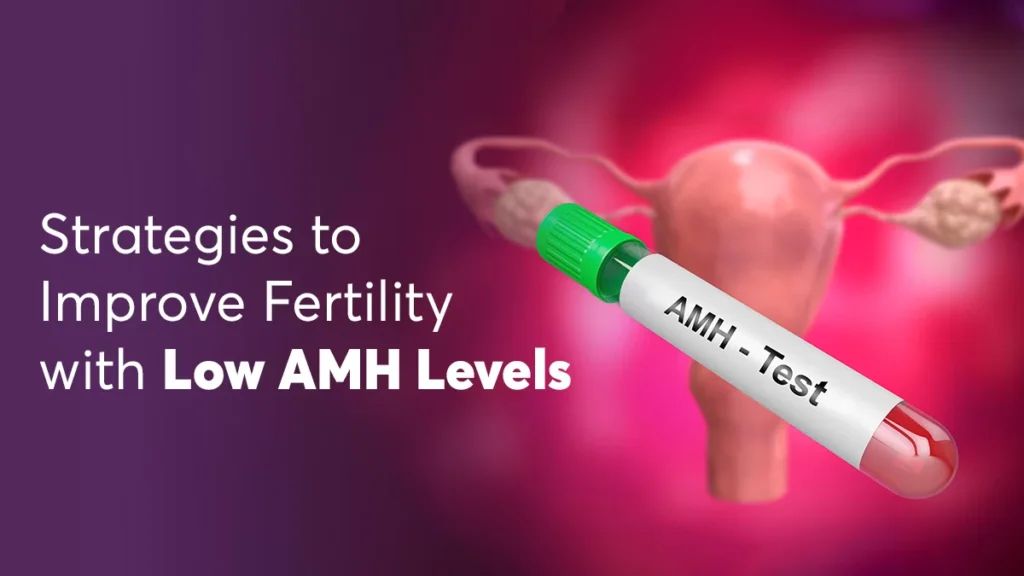
Certainly! Here’s a well-structured and informative blog article on the topic “Understanding AMH & Fertility”, featuring Dr. G. Shilpa from Shilpa Fertility and Shree IVF Clinic, Yemmiganur.
🧬 Understanding AMH & Fertility
By Dr. G. Shilpa | Shilpa Fertility and Shree IVF Clinic, Yemmiganur
📞 Contact: 08512 – 255551, 9912665664
Fertility is influenced by several factors, but one of the most important markers for a woman’s reproductive potential is the AMH level. If you’ve recently undergone fertility testing, your doctor may have discussed AMH (Anti-Müllerian Hormone) with you.
At Shilpa Fertility and Shree IVF Clinic, Yemmiganur, Dr. G. Shilpa ensures that couples are fully informed about the role of AMH in fertility and IVF outcomes. Let’s understand what AMH is, how it affects fertility, and what it means for your treatment options.
🔬 What is AMH (Anti-Müllerian Hormone)?
AMH is a hormone produced by small follicles in a woman’s ovaries. It reflects the number of eggs remaining in the ovaries, also known as the ovarian reserve.
✅ What Does AMH Tell Us?
- High AMH: Suggests a good egg reserve (but may also be seen in PCOS).
- Normal AMH: Indicates a healthy ovarian reserve.
- Low AMH: Suggests a reduced egg supply, common in women above 35 or with premature ovarian aging.
🧪 Why is AMH Important in Fertility Treatment?
- Guides IVF Planning
AMH levels help determine the stimulation protocol for IVF. Women with low AMH may need a different medication approach than those with higher levels. - Predicts Ovarian Response
A higher AMH often means more follicles will grow during IVF stimulation, increasing the chances of retrieving multiple eggs. - Assesses Egg Quantity – Not Quality
It’s important to note that AMH reflects quantity, not egg quality. Even women with low AMH can conceive if the eggs are of good quality. - Helps in Fertility Preservation Decisions
Women with declining AMH may consider egg freezing if they wish to delay pregnancy.
📉 What Causes Low AMH Levels?
- Age (natural decline after 30–35 years)
- Premature ovarian insufficiency
- Endometriosis
- Genetic factors
- Chemotherapy or pelvic surgeries
📈 Can You Increase AMH Levels?
While AMH levels naturally decline with age, certain steps may help improve egg quality:
- Balanced nutrition
- Stress management
- Supplements like CoQ10, DHEA (only under doctor supervision)
- Avoiding smoking and environmental toxins
At Shilpa Fertility and Shree IVF Clinic, Dr. G. Shilpa offers personalized protocols even for women with low AMH to optimize their fertility chances.
👩⚕️ When Should You Check AMH?
- If you’re trying to conceive for over a year
- Planning IVF or IUI
- Considering egg freezing
- Diagnosed with PCOS or irregular cycles
- Above 30 and want to assess your fertility status
📋 What to Do If You Have Low AMH?
Don’t panic! Low AMH doesn’t mean you can’t conceive. It simply means you may need:
- Timely treatment
- Individualized IVF strategy
- Close monitoring and support
Dr. G. Shilpa specializes in managing low AMH cases and has helped many women in Yemmiganur and beyond achieve successful pregnancies.
💡 Final Words from Dr. G. Shilpa
“AMH is a window into your fertility health. Knowing your AMH level early can empower you to make informed reproductive decisions—whether you’re planning pregnancy now or in the future.”
📍 Shilpa Fertility and Shree IVF Clinic, Yemmiganur
👩⚕️ Advanced Fertility Care by Dr. G. Shilpa
📞 Contact: 08512 – 255551, 9912665664

